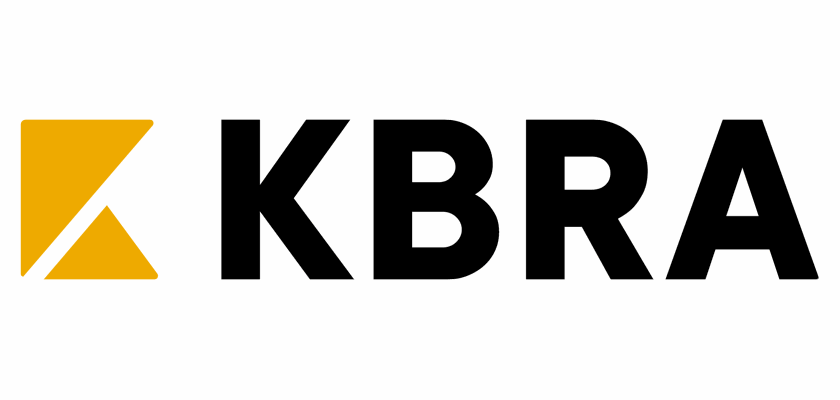Benefits of reciprocal exchanges can also create challenges, says KBRA
- August 24, 2025
- Posted by: Jack Willard
- Category: Insurance

Reciprocal exchanges appear to be in favour following the launch of a notable amount of start-ups in recent years, however, according to a new report from KBRA, the full-service credit rating agency, certain benefits with the ventures can also create a series of challenges.
Analysts noted that mutual companies and reciprocal exchanges have long histories across the US insurance market with both types of organisation counting numerous large and familiar names in their respective cohorts.
In particular, KBRA highlights how there has a resurgence in reciprocal formations over the last 24 months. Notably, in Florida alone, the Florida Office of Insurance Regulation approved four newly created reciprocals in April 2024.
Moreover, the agency explained that shared structural features of mutuals and reciprocals can foster credit positives, but also warned that they can be a source of weakness if not properly managed.
For those who are not aware, unlike stock insurance companies, where the ownership and the policyholder interests are separate and held by different stakeholders, the policyholders/subscribers for mutuals and reciprocals (referred to as members) are also the ultimate owners of the company.
It’s worth remembering that mutuals/reciprocals are not publicly traded companies, meaning that they can avoid the distraction of quarterly profit targets and can just focus their attention on the long-term needs of their members.
As well as this, KBRA notes that members generally can vote to select management, which espouses a similar long-term view of the business; these choices indirectly impact broader staffing and policy decisions.
The agency also explains that through member ownership, there is a closer alignment of interest with respect to decisions being made around pricing, claims, and long-term financial strength.
Certain organisational aspects of reciprocals provide incremental financial performance benefits, particularly for new
market entrants. KBRA explained that it believes that this will continue to bolster the renewed interest in these specialised forms of insurance organisation
Another positive credit factor that’s worth highlighting is that member affinity with the mutual/reciprocal, sometimes because of shared interests or common goals, can increase loyalty, as well as discourage incentives for misbehavior.
In terms of negative credit factors, KBRA states that financial flexibility for mutuals/reciprocals is generally more challenging than for stock companies, which is due to the fact that these insurers cannot issue stock and must rely more heavily on sustained profitable operations to fund equity capital generation and growth.
The agency also notes that reciprocals structures are more complex than those of mutual insurers and stock companies, which ultimately adds additional layers of operational and governance complexity.
Lastly, due to reciprocals relying on the concept of pooling, where risks and monetary obligations are shared by policyholders, this causes for policyholders to indirectly carry the risks of other members’ claims.
A small number of policyholder large losses, particularly on a smaller or newly formed reciprocal, can negatively impact the entity’s viability and solvency, KBRA concludes.
This website states: The content on this site is sourced from the internet. If there is any infringement, please contact us and we will handle it promptly.



